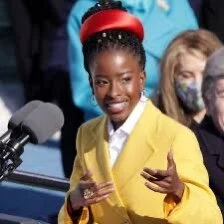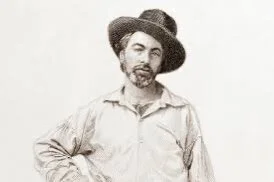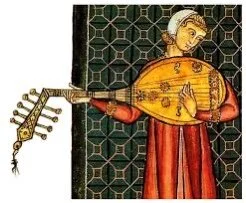I admit I wrote a letter to Joe. I’m sure he remembers me. We were both adopted children of Delaware. And he’d written that he followed me as poet laureate. And Jerry taught Jill. And since my daughter Kelly has connections with his close inaugural team. I knew my letter would get to the inner circle. But all the while, I was telling Jerry that Biden really ought to choose a young Black person for the inaugural poet. And good for him. Or his team.
I also admit as the time ticked away, I lay in bed a couple of nights and shivered with the possibility that I, the unworthy one, would be contacted three weeks ahead of time and I’d have to come up with a poem. Not just a poem. The Poem of My Life, you might say. I tried to write it in my semi-dozing mind.
I haven’t been a fan of inaugural poems. They usually don’t turn out well. Addressing the multitudes is not in the job description of a poem. But Amanda Gorman did it. And wow, look at all the people who want to analyze and explain what it is that she did! Some want to call it a new genre.
The poet Jane Hirshfield said: The poem is “something new, a kind of hybrid form: half poem, half spoken essay (a word that means, first, “to try” and has to do with thinking your way forward sentence by sentence). Her writing sits at a cloverleaf intersection, moving between lyric intensity and interiority, spoken-word and hip hop's combination of fluid rhyming and fierce examination of the world around us, and carrying the benevolence, eloquence, and hope-offering that can come from both podium and pulpit (at their best).”
It's not new, really, is it? It’s ancient, what she does. She alliterates in the manner of Anglo-Saxon poetry. “We’ve braved the belly of the beast, or “Somehow we’ve weathered and witnessed.” Then she slips into feminine rhyme, the rhyming and stressed syllable followed by an unstressed syllable: “Before we knew it/ Somehow we do it.” It’s a bit of a jazz step, or a waltz, maybe. A bit of a stumble forward.
And then she’s Whitman, using parallel structures, as in Psalms, as her musical device as she doubles down on the alliteration:
That even as we grieved, we grew
That even as we hurt, we hoped
That even as we tired, we tried
That we’ll forever be tied together, victorious
Think of “tired” and “tried,” how they surprise each other by being almost the same. As Hirshfield says, “sound calls to sound.” That’s the very essence of poetry—the lifing up of sound without utterly abandoning sense. This is the technique of the troubadour, the minstrel. Of hip-hop. This is the body at work with the mind. stuttering forward, seemingly feeling its way along. “The past we step into.” Nothing finished but still in the making, even in the poem itself. The gesture toward beginning, or toward completion.
if only we’re brave enough to see it
If only we’re brave enough to be it
Here’s the feminine ending again, but it’s made “the land of the brave” into not a statement, but an “if.” The entire poem jerks us around, you might say, making us see again and differently. If a poem doesn’t make us do that, it might as well not exist.
Amanda Gorman’s may not be the “best” inaugural poem ever written. I don’t know how to judge that anyway. What I can say is that it is wise, and shows a deep sensitivity to language. And let us not ignore the effect of the spoken word. Not read, but spoken. With gestures, with the grace of voice igniting the words. As Seth Perlow said in the Washington Post, “Gorman reminds us how poetry, delivered well, can enrich public life.” Let us have more of that.



